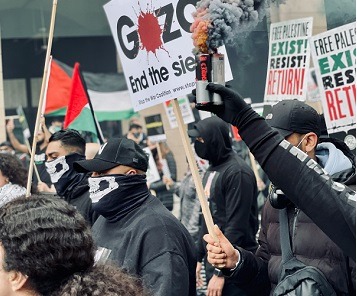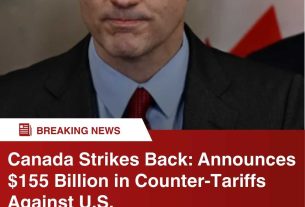In a dramatic response to former President Donald Trump’s recent proposal, Palestinian leaders and Arab states have firmly rejected the idea of a U.S.-led takeover of Gaza—a plan that would see the forced resettlement of the 2.1 million Palestinians living there.
Palestinian President Mahmoud Abbas was unequivocal in his stance, declaring, “We will not allow the rights of our people… to be infringed on.” He emphasized that Gaza is an inseparable part of the State of Palestine and warned that any attempt at forced displacement would be a blatant violation of international law.
Hamas, which has been in a prolonged 15-month conflict with Israel and is grappling with the aftermath of widespread destruction, also condemned the proposal. A spokesperson for the group stated that Trump’s plan would only “put oil on the fire” in a region already fraught with tension and instability.
The proposal has drawn swift condemnation from other key players in the region as well. Countries such as Jordan, Egypt, and Saudi Arabia have expressed strong disapproval. Saudi officials were particularly forceful, asserting that Palestinians have no intention of leaving their homeland. They added that Saudi Arabia would not normalize ties with Israel without the long-awaited establishment of a Palestinian state.

The United Nations has also weighed in on the issue. UN Secretary-General Antonio Guterres reminded the international community of the integral role Gaza plays in the future of a Palestinian state. Speaking at a meeting in New York, he warned against “any form of ethnic cleansing” and highlighted the ongoing dehumanization of the Palestinian people, whose basic rights are slipping further away.
In a surprising twist, Israeli Prime Minister Benjamin Netanyahu remarked that Trump’s proposal could “change history” and insisted that it was “worth paying attention to.” His comments have sparked a heated debate, reflecting the stark divisions and deep-rooted complexities of the region’s geopolitics.
As the fallout from the proposal continues, the international community remains on high alert. The incident has added another layer of uncertainty to an already volatile situation, leaving many to wonder about the future of peace and stability in the region.
This development is not just about a single proposal—it underscores the deep-seated grievances and the long-standing struggle for Palestinian rights, and it signals that any lasting solution will require meaningful dialogue and respect for international law.

